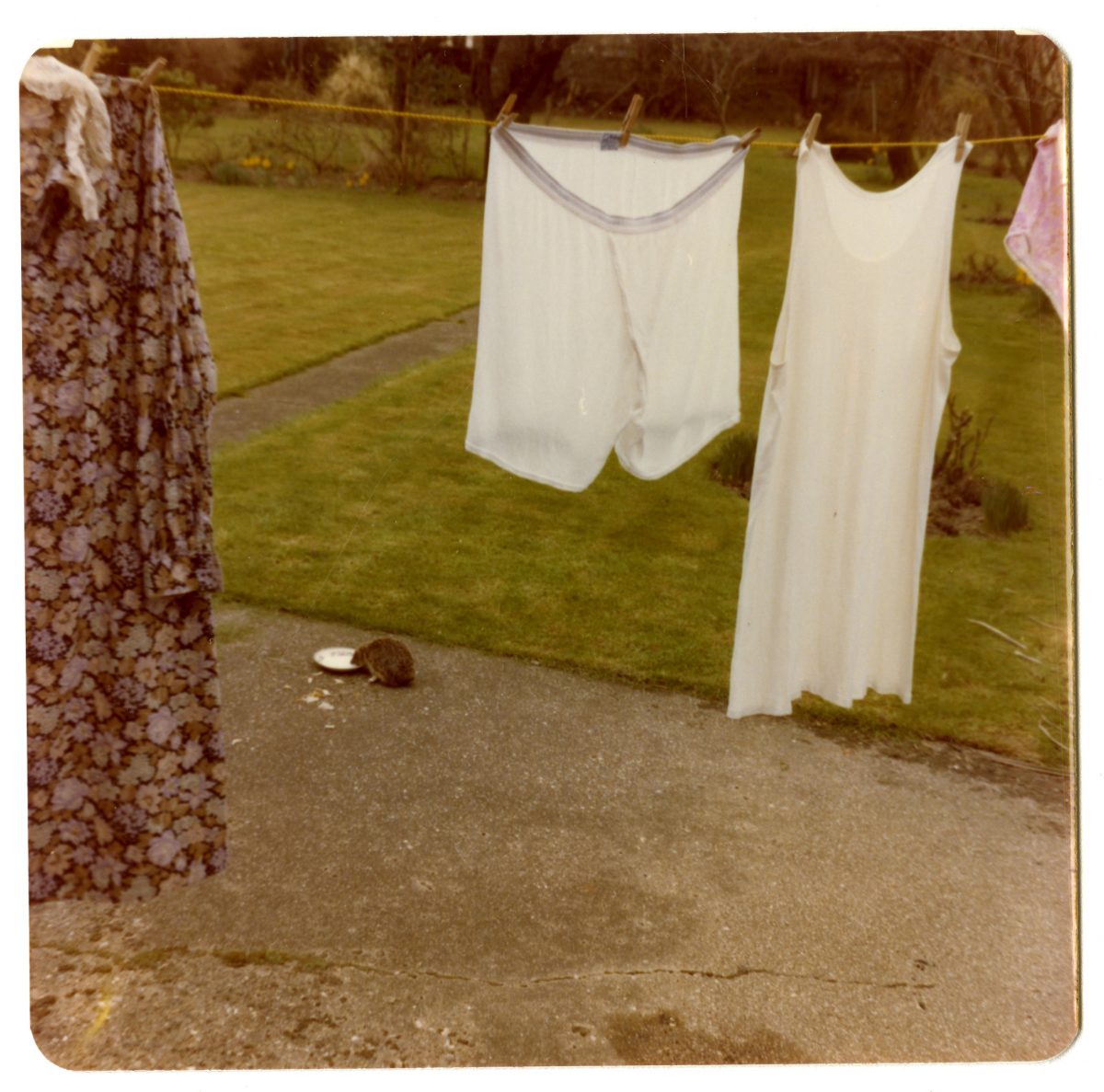Learning how to manage your time effectively is crucial to any student’s time at university, but also something you will need to take into any job/career. We, interns, are no different, the techniques we learnt as students to help us tackle procrastination have helped us manage our time whilst in our current roles. Here are […]
Category: General ARCHIVED

Endless discoveries to be made! Every November the archives world takes a week out to celebrate our collections, encouraging everyone to #ExploreYourArchive. At Hull University Archives we’re always discovering interesting things hidden away in our collections and the national #ExploreYourArchive campaign is the perfect opportunity to show them off. Archive Animals With so much to […]
After 12 weeks of work experience and how time has flown by, my internship is at an end and what an experience it has been. From meeting new people, learning new skills and gaining experience within a working environment. So, after the first week which was hectic but enjoyable my work began from learning how […]
By Katie Austin Being away from home for the first time and having to juggle academic life, relationships, socials, and finances can be daunting. Some students thrive but others may need a helping hand. Many of our Library staff are trained Mental Health First Aiders so please reach out to one of us if you […]
In the past 30 years, there has been much debate over whether music can help you study. In 1993 Dr Gordon Shaw reported that a group of college students increased their IQ by as much as nine points just by listening to classical music. However, 10 years later some researchers looked into it and discovered […]
My Internship Adventure Begins My adventure as an Intern first began with an e-mail from the Hull University Careers team. They were offering a whole range of interesting Internship opportunities for the university. After a difficult start to post-university life due to the COVID pandemic, when job opportunities were limited, I hoped to work in […]
The start of my virtual internship experience In the beginning… Last week, I began an internship working with the Library at the University of Hull, with a focus on Customer Engagement and Communications. The role is entirely based online, and while there is the option to come into the library, it’s not as viable now […]
We asked our volunteers what their top study worries were at the start of their studies. This has helped us come up with this list to address your most common concerns! Time management Time management is an important part of university life, especially as it is your responsibility to ensure you manage your university deadlines, […]
